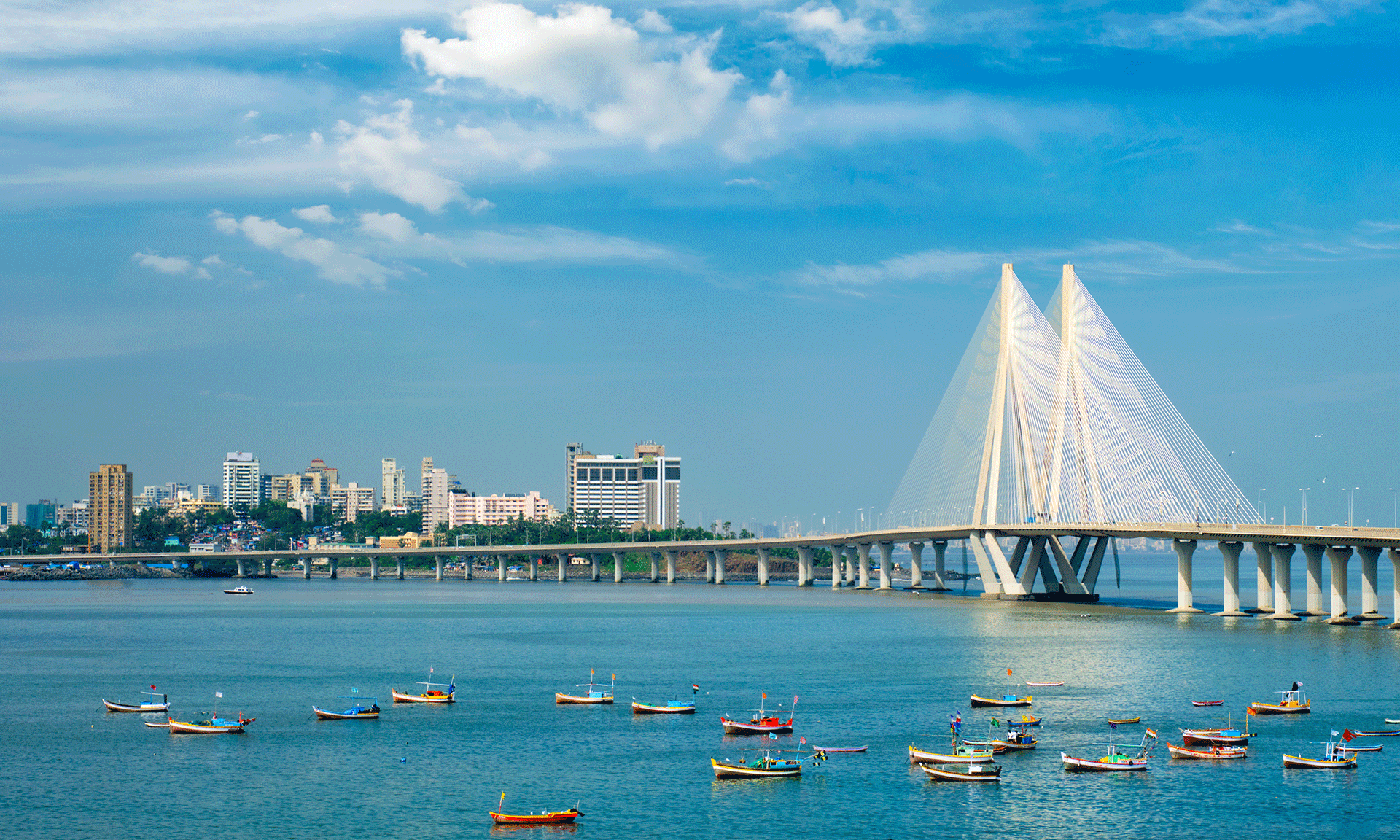New foreign investment law in Oman is all set to simplify and facilitate the processes for getting permits, licenses and approvals required by foreign investors.
Small businesses generally relate to the regular lifestyles of people. So, to make it easier for such businesses to find their foundation in Oman, the foreign investment law ratifications have been put in place. With this doing business in Oman has become easier for small entrepreneurs.
By way of the foreign investment law, small businesses have been exempted from 100% ownership. This new law is aimed towards improving the corporate climate of Oman and in making it more attractive for the entrepreneurs.
According to the law that has been introduced in Oman, Foreign investment will take place through companies or establishments in the form of the permitted activity. They will be the owner of invested foreign capital on the whole, or they will be making contributions to the same. Also, a license in regards to this activity will be issued by governing authorities. Hence, company formation in Oman shall no longer be a matter of great concern.
Nevertheless, in the best interest of the small-time businessmen in Oman, there has been an exemption of foreign ownership for 37 businesses. This includes photocopying solutions, translation, laundry, tailoring (for men and women), transportation, vehicle repairs, drinking water sale, recruitment and manpower solutions, salon and hairdressing services, fishing, driving instructions, rehabilitation homes meant for orphans, disabled and elderly and taxi services.
The Omani entrepreneurs have welcomed this move on the part of the government. Speaking on the subject, an entrepreneur from Oman put down, “Many Omanis are thriving on small-time local businesses that cannot withstand straight competition from the foreign investors”.
In his interview with the Observer, the entrepreneur further added, “It is also necessary to bring about a reduction in the prices of certain services to make them worth possessing by the common citizens. This would pave the door for small business growth which is not possible in the presence of the bigger giants in the market.”
While further clarity is being expected on the part of the common people and the small business owners in the future, there are some major developments confirmed in regards to the Foreign Investment Law.
Minister of Commerce & Industry will be issuing executive riles under this new law. The regulations added will include significant changes from the old Foreign Investment Law.
As per reports published in newspapers, the executive rules shall come to the forefront by 30th July 2020. A complete list of small business activities where foreign investment shall remain exempted is also likely to be introduced in no time.
The new Foreign Investment Law will not affect the existing laws concerning the GCC investments, Public Establishment for free zones and Industrial Estates and Special Economic Zone.
As per suggestions by the Minister of Commerce & Industry, the power of granting single approvals for the establishment, operation and management of strategic development assignments shall rest with the Cabinet.
All procedures and rules governing the approvals and the process of granting land for different investment projects shall be set out by the executive regulations.
While small businesses eagerly await the introduction of the executive regulations for clarifying some points in the new Foreign Investment Law, the law has indeed relaxed the foreign investment command in Oman to a considerable extent. Specifically speaking, it has boosted the atmosphere for business in Oman by granting 100% foreign ownership to the majority of the business activities.
It is believed that the new Foreign Investment Law will be marking tremendous liberalization in the Sultanate’s history. The law lays emphasis on creating an attractive and robust investment environment for foreign investors and businesses in Oman. The law will be spurring investment; driving economic growth and generating employment for sure.






























 IMC Group
IMC Group